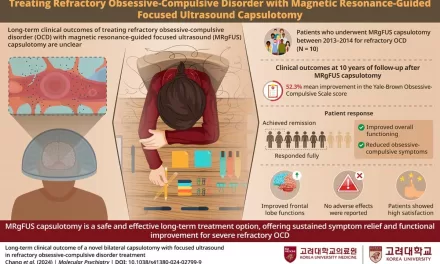Tuberculosis (TB), a persistent global health threat claiming over a million lives annually, may soon face a promising new vaccine candidate. Amidst ongoing challenges posed by Mycobacterium tuberculosis, the bacterium responsible for TB, scientists have intensified efforts to develop a more effective alternative to the current Bacille Calmette-Guérin (BCG) vaccine.
The BCG vaccine, though widely administered, has shown limitations in preventing TB, particularly in adults. Recognizing this gap, researchers have explored novel avenues, including the study of proteins from M. tuberculosis that trigger robust immune responses crucial for combating the disease.
In a significant breakthrough, a study published in Scientific Reports by Yuriko Ozeki and colleagues highlights the potential of Mycobacterial DNA-binding protein 1 (MDP1) as a promising vaccine candidate. MDP1, a key protein found in both BCG and M. tuberculosis, undergoes intricate post-translational modifications that appear crucial for its effectiveness as a vaccine antigen.
The research focused on comparing two forms of recombinant MDP1: one expressed in Escherichia coli (eMDP1) and another in M. smegmatis (mMDP1), a non-pathogenic mycobacterium. Importantly, mMDP1, which closely mimics the native form found in M. tuberculosis, demonstrated superior immunogenicity compared to eMDP1. Specifically, mMDP1 elicited significantly higher levels of interferon-gamma (IFN-gamma) production when tested on peripheral blood from BCG-vaccinated adults.
“This finding underscores the importance of preserving the native structure and post-translational modifications of MDP1 for its immunogenic potential,” explained Ozeki. The study also explored the synergistic effect of combining mMDP1 with a novel CpG-DNA adjuvant, G9.1, which further enhanced IFN-gamma production. This combination holds promise as a robust booster vaccine strategy aimed at revitalizing waning immunity conferred by BCG.
“Our results suggest that mMDP1, with its natural modifications, coupled with G9.1, represents a compelling approach to bolstering TB immunity in vaccinated individuals,” noted the researchers.
The study’s findings provide a critical step forward in the quest for an improved TB vaccine. By leveraging the distinctive features of MDP1 and harnessing advanced adjuvant technologies, researchers aim to develop a vaccine capable of providing sustained protection against TB across diverse populations.
As TB continues to pose significant health challenges worldwide, the development of effective vaccines remains paramount. The promising outcomes of this research pave the way for further clinical investigations, bringing hope for a future where TB can be effectively controlled through innovative vaccination strategies.
For further details on the study, refer to Yuriko Ozeki et al., “Recombinant mycobacterial DNA-binding protein 1 with post-translational modifications boosts IFN-gamma production from BCG-vaccinated individuals’ blood cells in combination with CpG-DNA,” published in Scientific Reports (2024).












